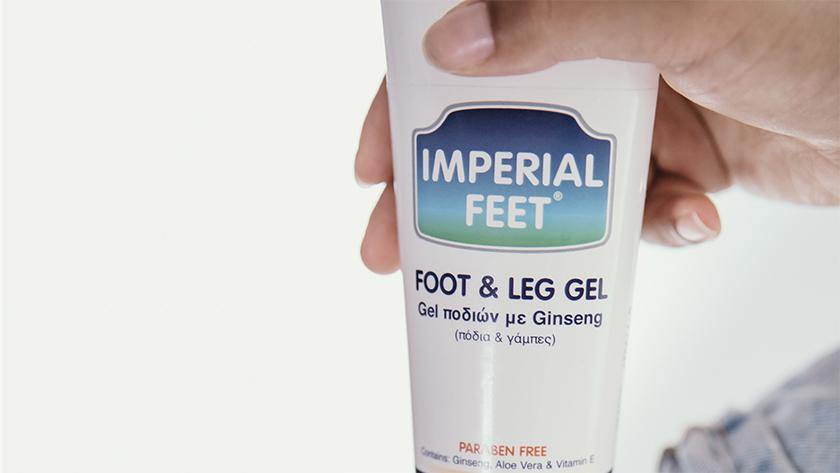
Muscle fatigue, causes, and how to get you back on your feet!
Suddenly, your strength fails, your legs give out, and you feel your energy drain? (like when the battery of an electronic device runs out). No problem, this is known as muscle fatigue, and in this article, we'll tell you what can cause it, plus some tips to prevent it from appearing.
Muscle fatigue is common and appears when you lose all or part of your physical capacity to continue performing a given action.
What are the symptoms of muscle fatigue?
To know how to identify fatigue, you have to know its most common symptoms, which are the following:
Alteration of blood pressure, accelerated and irregular breathing, a noticeable increase in heart rate, lack of coordination, alteration of locomotor function, generalized discomfort, and pain, muscle heaviness, extreme exhaustion, anxiety and a feeling of discomfort.
You cannot know with certainty the exact moment at which muscle fatigue will appear because this limit will vary according to various aspects such as the genetics of each person and the physical condition.

However, there are a series of causes that may facilitate its appearance:
- Intense efforts without adequate recovery.
- Poor nutrition.
- Lack of sleep and rest days.
- Excessive increases in work intensity.
- Incorrect running technique.
- Monotony and stagnation in training.
- Anemia: lack of iron in the blood.
- Side effects of certain medications.
- Abnormal functioning of the thyroid gland.
But here we are! So, below you'll find a practical list to know what to do:
1. If you have foot or leg muscle fatigue, the first thing to do is rest your feet. Always take at least one day a week off to allow your body to recover and stay hydrated!
2. Cooldown: Doing extra workouts is beneficial to decrease the lactic acid amount in our body. Lactic acid is produced during strenuous activities. Another way to reduce lactic acid is to wear compression stockings while exercising.
3. Listen to your body: Prevention is always better than treatment. If you notice that you are lifting too much and it hurts a lot afterward, you should reduce the intensity.
4. Plan all the activities you will carry out over a while and achieve a specific goal, the one you set for yourself.
5. Spend more time warming up before training and stretching at the end. In this way, you'll prepare your body better for the effort you are going to make and overstretching, you'll favor the recovery of your muscles.
6. If you are prone to muscle discomfort or fatigue, massage before and after training.
7. Rest is essential. Intersperse your training days with rest days.
8. Alternate training days with other practices. Try high-impact exercises with low-impact exercises.
9. Experts recommend drinking at least 2 liters of water a day.
10. If you feel very exhausted all the time, visit your doctor.
State of mind and motivation are keys to avoiding fatigue. Mental exhaustion and feeling unwilling to do anything will only accelerate the appearance of fatigue. So remember, trust yourself, think you can do it! And stick to your exercise routine as much as you can.











